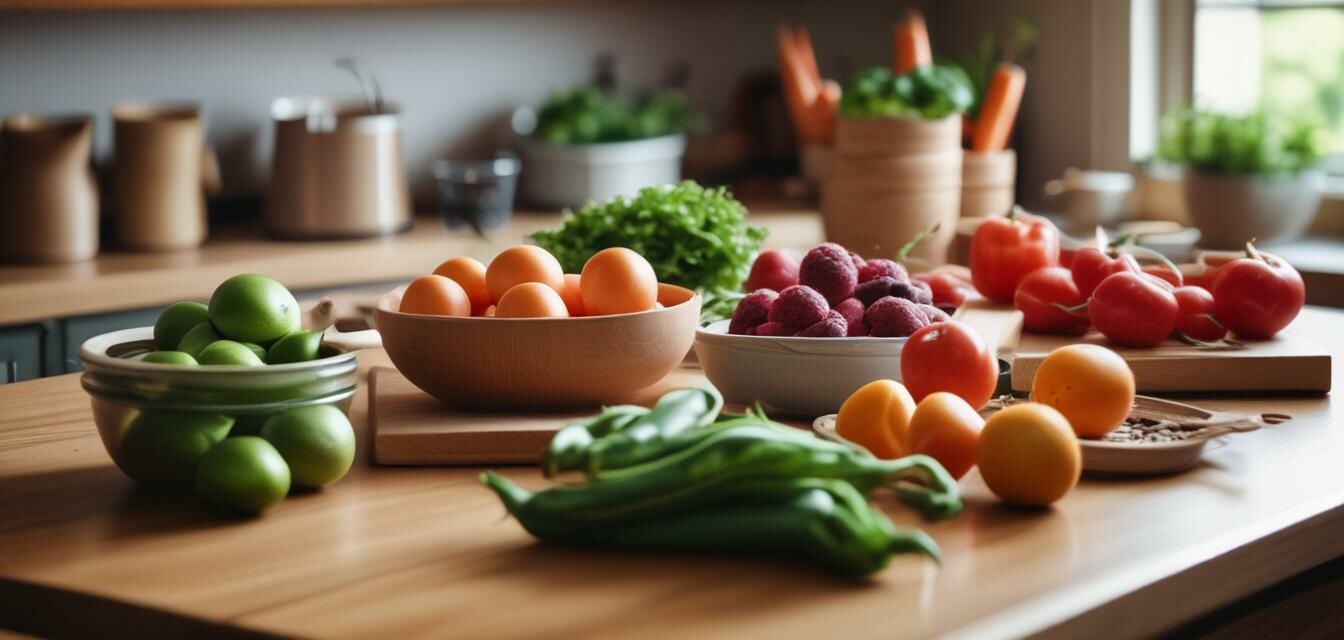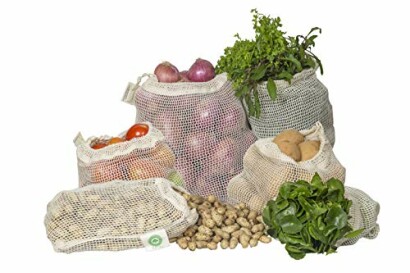
Choosing the Right Reusable Produce Bags
Key Takeaways
- Reusable produce bags reduce plastic waste and are environmentally friendly.
- Materials like organic cotton and mesh offer durability and breathability.
- Consider size and weight options for different grocery needs.
- Select ethically manufactured products for sustainable living.
- Product recommendations include durable options made from 100% organic cotton.
As the world becomes increasingly conscious of environmental issues, many individuals are making the switch to reusable produce bags. These bags not only minimize plastic usage but also preserve the freshness of your fruits and vegetables. In this guide, we’ll explore the best practices for choosing reusable produce bags, the different materials available, and some recommended products.
Why Choose Reusable Produce Bags?
The shift towards eco-friendly kitchenware helps combat plastic pollution and reduces your carbon footprint. Using reusable bags is an effective way to make a small, impactful change in your daily shopping habits.
Material Matters
Choosing the right material for your reusable produce bags is essential for both functionality and sustainability. Here are some common materials to consider:
| Material | Features | Pros | Cons |
|---|---|---|---|
| Organic Cotton | Natural, biodegradable, durable | Eco-friendly, breathable, multi-purpose | May require special care |
| Mesh | Lightweight, spacious | Excellent for air circulation, visibility for contents | Can stretch over time |
| Recycled Plastic | Sturdy, easy to clean | Durable, often water-resistant | Not biodegradable |
Comparing Durability
The longevity of a reusable produce bag depends on material and construction. Consider the following factors:
- Stitching: Double-stitched bags provide additional strength.
- Care Instructions: Washable bags help maintain durability over time.
- Weight Capacity: Ensure the bags can support the weight of your groceries.
Environmental Benefits
Switching to reusable produce bags has significant environmental benefits:
- Reduces the use of single-use plastics.
- Encourages more sustainable shopping habits.
- Supports ethical manufacturing practices.
Choosing the Right Size
When selecting your reusable produce bags, consider the size you need:
- Small (S): Ideal for herbs, garlic, or small fruit.
- Medium (M): Great for oranges, potatoes, and moderate-sized produce.
- Large (L): Suitable for bulk purchases like lettuce, watermelon, or bread.
Recommended Product
Reusable Cotton Mesh Produce Bags
These reusable produce bags help protect the planet by minimizing environmental damage and plastic pollution. Made from 100% organic cotton mesh fabric, they safely store fruits and vegetables while preserving freshness.
Learn MoreTips for Using Reusable Produce Bags
Beginners Section
- Always keep your bags in your shopping cart for convenience.
- Wash your produce bags regularly to maintain hygiene.
- Utilize smaller bags for loose items to keep your produce organized.
- Consider bags with tare weight tags for easier checkout.
Making the Change
Transitioning to reusable produce bags is a simple but impactful change you can make in your shopping routine. By selecting high-quality and ethical products, you contribute positively to the environment while enjoying fresher, well-stored produce.
Further Reading
If you're interested in learning more about eco-friendly options for your kitchen, explore our informative articles:




